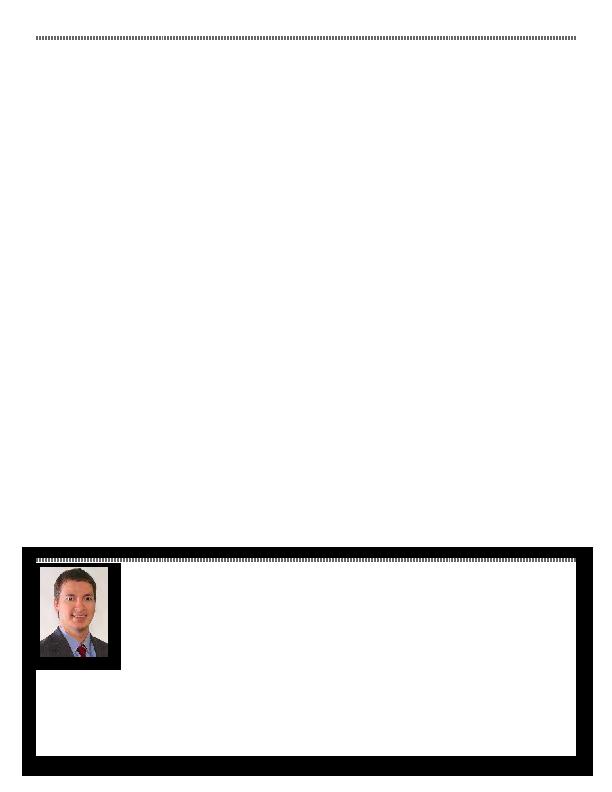
Bankruptcy Adversary Proceedings
in financial reorganization overlap
with issues that must be resolved in
federal bankruptcy court on a regular
basis. Whether it's a client in financial
difficulty or pursuing the collection
of assets or debts owed, insolvency
issues play a prominent role for
federal practitioners with commercial
and general litigation practices. This
becomes even more pertinent when
considering the recent historic fiscal
crisis in places such as Detroit,
Michigan; Stockton, California and
Puerto Rico.
What is surprising to many is how
similar the litigation of adversary
proceedings in bankruptcy can be to
federal practice. Below I provide a
general summary of how mechanisms
available under Federal Rule of Civil
Procedure 26(a)(2) and (b)(3)(4)(5)
in regards to Privilege and Expert
Discovery come in handy in bankruptcy
litigation.
Adversary Proceedings
court is a lawsuit filed within a
bankruptcy case.
separate case number, and may involve a
different attorney than the one handling
the bankruptcy itself. Any party can file
an adversary proceeding in a bankruptcy
the trustee, a creditor or the debtor.
The purpose of an adversary proceeding
is to obtain some form of relief that
requires a judge's attention and cannot
be accomplished through a court motion.
Adversary proceedings are resolved by
the presiding bankruptcy judge, and
juries are not selected, only bench trials
are held, when necessary.
An adversary proceeding starts when
the plaintiff files a complaint with the
bankruptcy court. The complaint lists the
facts that pertain to the lawsuit and asks
the court to enter a judgment based on
the facts and the law. When the plaintiff
files, the court will issue a summons,
the defendant, along with a copy of the
complaint. Once the defendant receives
the complaint, he or she generally has 30
days to respond, depending on the local
rules of the bankruptcy court. To respond,
the defendant must file an answer,
which responds to the allegations in the
complaint. If the defendant does not file
an answer on or before the deadline, the
court will enter a default, and the plaintiff
can obtain a default judgment. The most
common types of adversary proceedings
are fraudulent transfers, preferential
transfers, lien stripping, a proceeding to
obtain an injunction or other equitable
relief and objections to discharge.
arise often in adversary proceedings,
and vary from simple, relatively
straightforward matters to those
involving complex, protracted litigation.
The nature of a proceeding and the
degree of its complexity cannot always
be determined simply. Occasionally,
Practice Director at Estrella, LLC. He has several years of
experience handling Chapter 11, 12 and 13 reorganizations and
Chapter 7 liquidations (debtor, creditor and interested parties),
out of court work-outs, troubled debt restructuring and interim
financial management consulting.
150 Tetuan Street
San Juan, Puerto Rico 00901
Fax: 787.977.5090
estrellallc.com